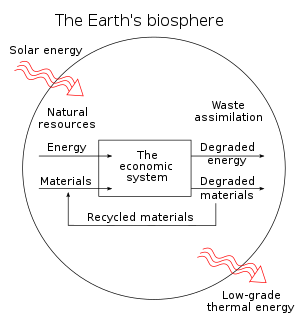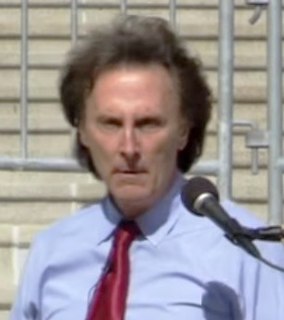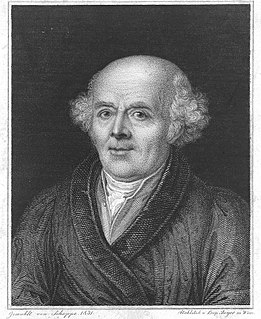A Quote by Herman E. Daly
Environmental degradation is an iatrogenic disease induced by economic physicians who treat the basic malady of unlimited wants by prescribing unlimited growth.... Yet one certainly does not cure a treatment-induced disease by increasing the treatment dosage.
Related Quotes
A physician who fails to enter the body of a patient with the lamp of knowledge and understanding can never treat diseases. He should first study all the factors, including environment, which influence a patient's disease, and then prescribe treatment. It is more important to prevent the occurrence of disease than to seek a cure.
...The Chinese in the 9th century AD utilized a book entitled The Thousand Golden Prescriptions, which described how rice polish could be used to cure beri~beri, as well as other nutritional approaches to the prevention and treatment of disease. It was not until twelve centuries later that the cure for beri~beri was discovered in the West, and it acknowledged to be a vitamin B-1 deficiency disease.
The orthodox school has witnessed for centuries that nature itself has never once cured any existing disease with another dissimilar one, however intense. What must we think of this school, which nevertheless has continued to treat chronic diseases allopathically, with medicines and formulas that can only cause a disease condition -God knows which -dissimilar to the one being treated? Even if these physicians have not hitherto observed nature attentively enough, the miserable results of their treatment should have taught them that they were on the wrong road.
The USDHEW calculates that 7% of all patients suffer compensable injuries while hospitalized .....One out of every five patients admitted to a typical research hospital acquires an iatrogenic (Caused by the treatment process) disease, one case in thirty leading to death. Half of these episodes result from complications of drug therapy; amazingly, one in ten come from diagnostic procedures.
When a physician is called to a patient, he should decide on the diagnosis, then the prognosis, and then the treatment. ... Physicians must know the evolution of the disease, its duration and gravity in order to predict its course and outcome. Here statistics intervene to guide physicians, by teaching them the proportion of mortal cases, and if observation has also shown that the successful and unsuccessful cases can be recognized by certain signs, then the prognosis is more certain.
For just a few dollars a dose, vaccines save lives and help reduce poverty. Unlike medical treatment, they provide a lifetime of protection from deadly and debilitating disease. They are safe and effective. They cut healthcare and treatment costs, reduce the number of hospital visits and ensure healthier children, families and communities.
For just a few dollars a dose, vaccines save lives and help reduce poverty. Unlike medical treatment, they provide a lifetime of protection from deadly and debilitating disease. They are safe and effective. They cut healthcare and treatment costs, reduce the number of hospital visits, and ensure healthier children, families and communities.



































